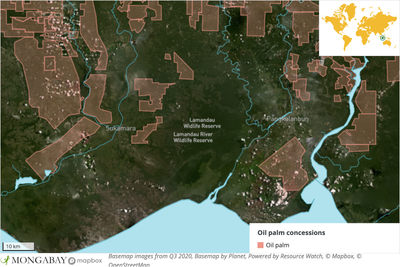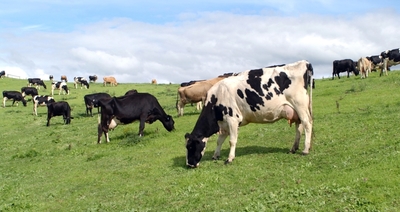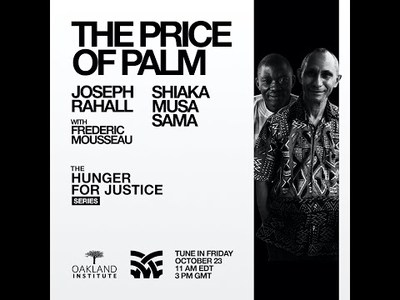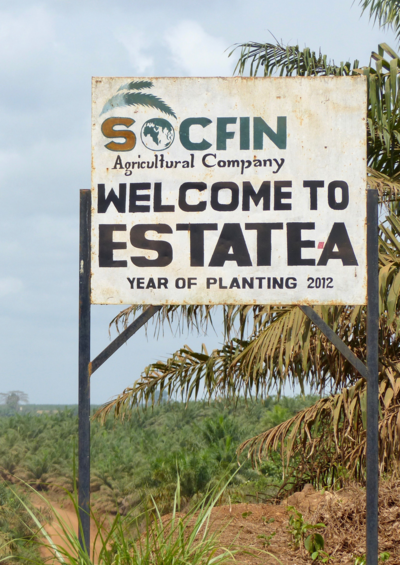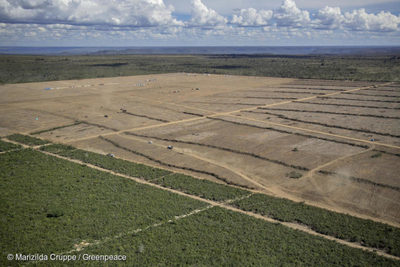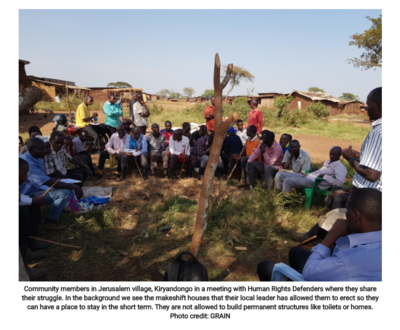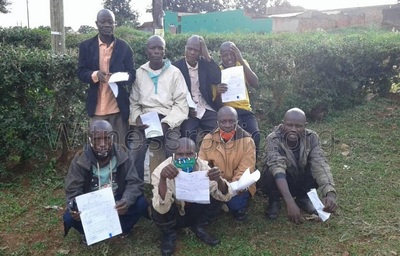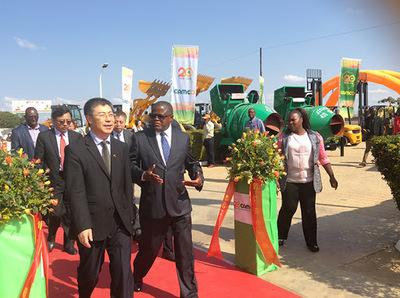Insecure land tenure in Port Loko: Affects on women farmers' livelihood from large scale agricultural investments
- Radio Bankasoka
- 31 October 2020
The Sierra Leone Agriculture signed a 50-year lease for 41,582 hectares of land for the development of palm oil, displacing over 30,000 residents and farmers, mostly women, in the Northwest district of Sierra Leone




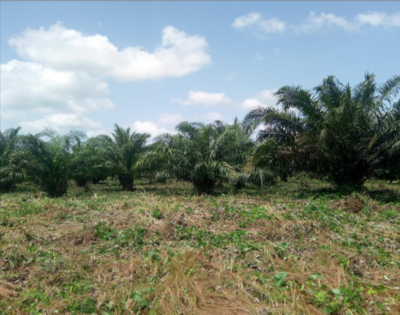
.jpg?1604449253)

